After having the big six for 6 months channel 16 output into the daw has died so I cant bus-sum through it which defeats the purpose. I had a noise problem that made some of my recordings unusable and contacted SSL they sent me a retrofit i choose not to install it and since the other issues and sent it back to Thomann because this unit is broken. Disappointed with SSL support only offering a discount on plugins that are worse than their black Friday sales. I still believe the SSL big six sounds great and has tremendous functionality so if the problems are fixed on a new unit I'm happy, but still concerned.
I've had the BiG SiX for just over a month now and there's a lot to love. I think the SSL BiG SiX introduced tremendous value into my studio for the cost, allowing it to become the central hub.
I watched a lot of reviews before choosing to get this unit most of the complaints mentioned by reviewers weren't a factor to me in use. In general, it offers me more than I need, but as always could benefit from a few other features found on more typical audio interfaces. (midi, Adat, Second thunderbolt to connect up to two units or some way to expand the unit with other SSL ecosystem products.
Starting with the mic pres, the headroom of the preamps is great they're so clean and sound amazing i noticed an instant difference compared to my old audio interface. The EQs are musical and more versatile than they are limited. The 4 compressors on channels 1-4 are useful sometimes people use compression for the color from the transformers and pushing the saturation and harmonics of a signal but SSL are known for their clean punchy sound, I have Neve preamps and more colorful bus compressors and plenty of plugins that sound great for that stuff. I find the sound of the SSL compliments and tightens up a mix, gluing everything together and having a modern sound. The G comp on the SSL B6 is great as well I know people say that it has fewer features so it's not as good but for a bus compressor I never found I needed crazy high ratios to achieve an effect id rather have that in the box so I can bypass or go back than print that in a hybrid workflow. It has the same G Comp circuit topology and sounds better than some of my other outboard compressors.
Since I'm using mac I made an aggregate device with another audio interface to expand my studio's I/O
Using this as the hub allowed me to get rid of a lot of connections on my patch bay since you just hit a button and go from USB into the SSL six from my daw instead of a traditional audio interface where you would route that into a patch bay
After recording a track I compared the stems printed out through protools using an SSL g bus comp plugin on the master bus, and then bus summing through the SSL B6 using the G series comp (not engaging the EQ or channel comps) I asked people if they could hear the difference, I immediately noticed more stereo width/detail and the higher headroom allows you to push it a bit more while still sounding good. The last annoying thing about the SSL B6 is that the monitor outputs are 15/16 since it's in a mixer format and that's at the end of the I/O so you have to route your daw and change settings to recognize that. Usually, an audio interface always has 1/2 as main outputs but once you set up your audio midi setup on mac it works and you don't have to change anything. I was worried that the conversion quality wouldn't be as good as say a UA apollo but it sounds great to me, better than what I had before.
The value you get is amazing, the SSL 6 channel strip is updated compared to the 6ix and 500 series ones currently available (better comp and EQ). To buy 4 SSL 500 series six channels, LMC Compressor a G series bus comp, 8 channels of D/I line preamps, and a 500 series chassis with USB or adat to house it all would cost 6937€ It would be more flexible obviously but that puts in perspective the value I think the big six offers.
Pros:
Great mic preamps with headroom
Useful compressors and eq's
powerful headphone preamps
Well Implemented USB connectivity/ Routing
Flexible Routing
Excellent mix bus summer
Powerful line inputs
Cons:
Mic channel inserts (send return) are after the preamp gain.
no ADAT
Limited to 12 channel recording/summing
Routing of the Talkback mic could be better for more practical use of the LMC(Listen Mic Compressor)
2 monitor outputs



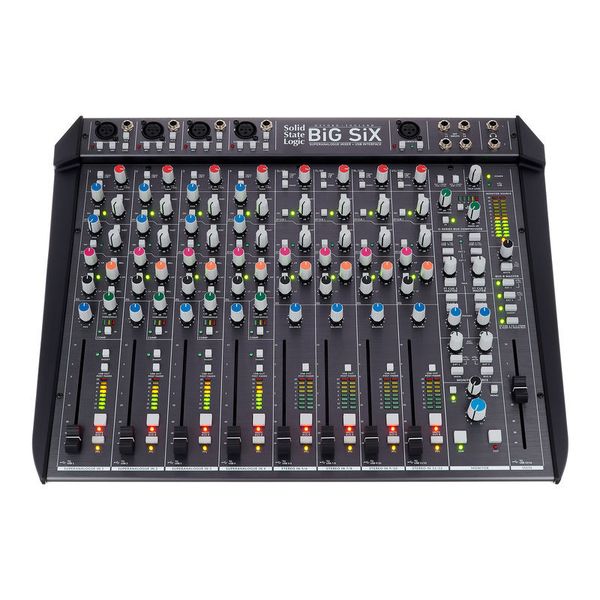
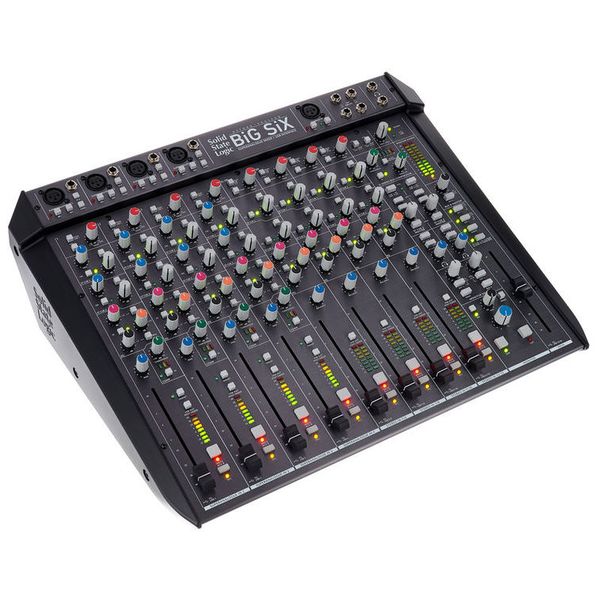
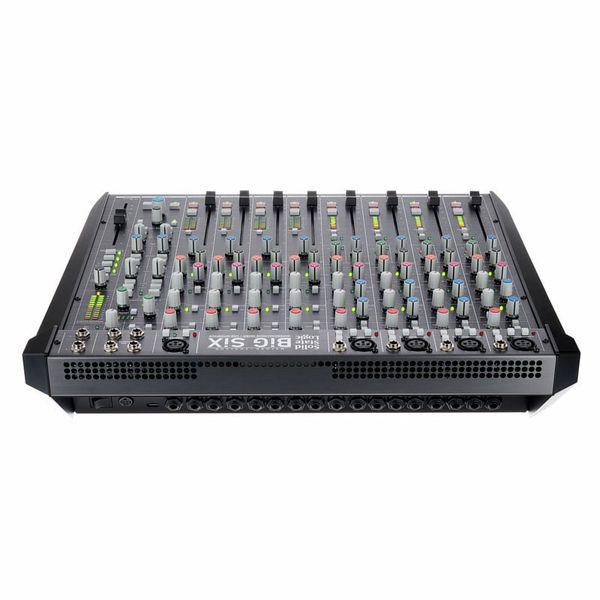
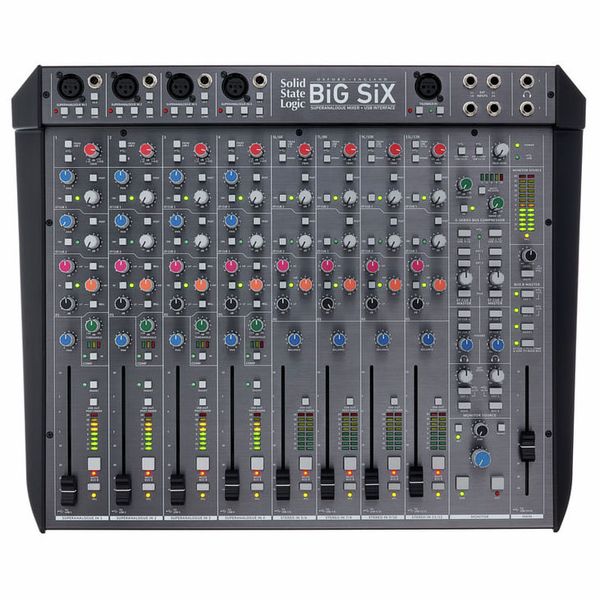
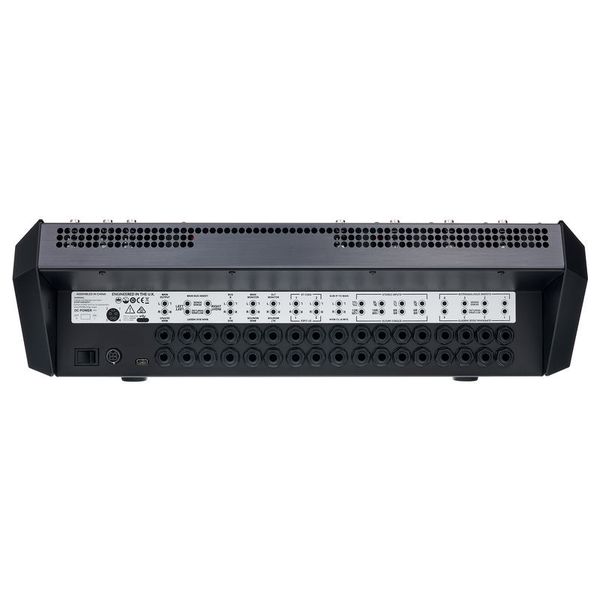
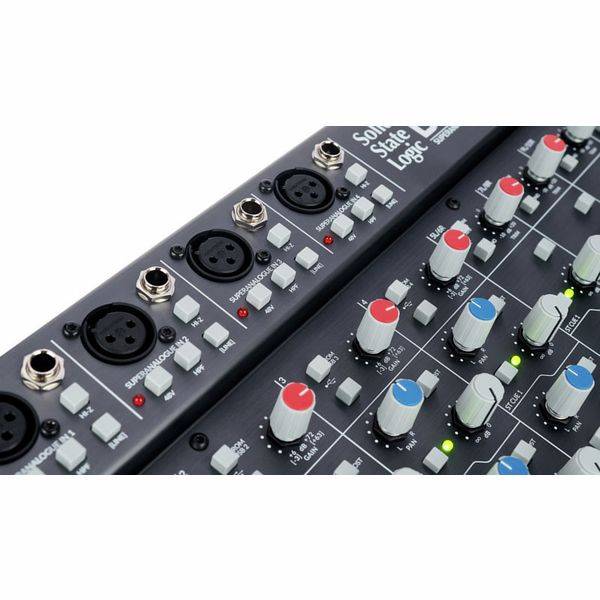
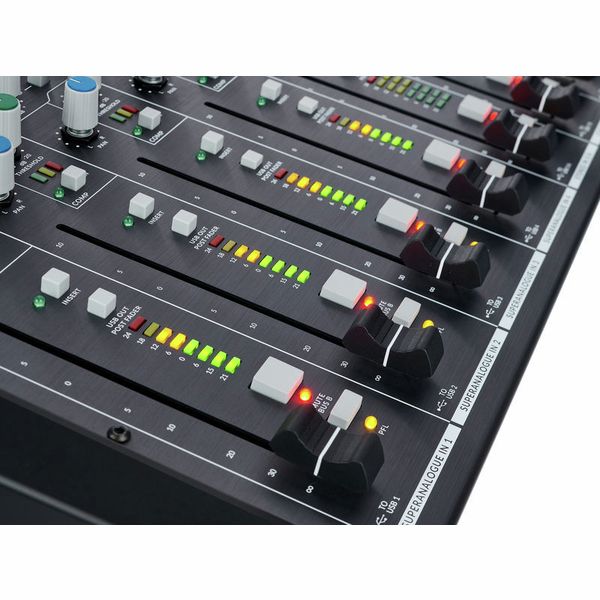
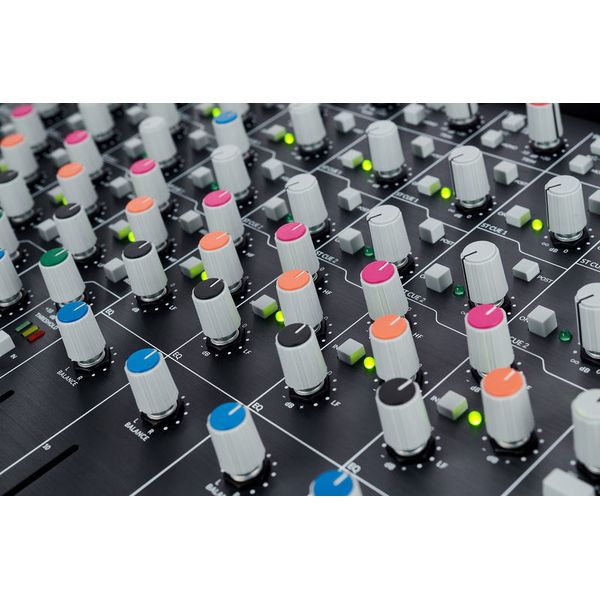
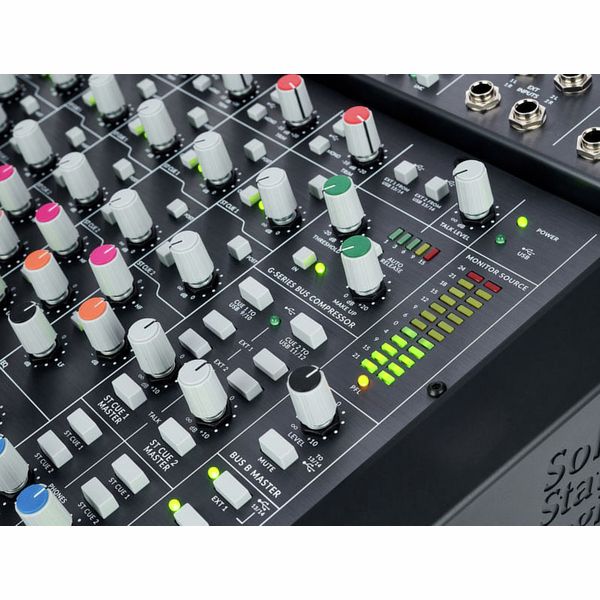
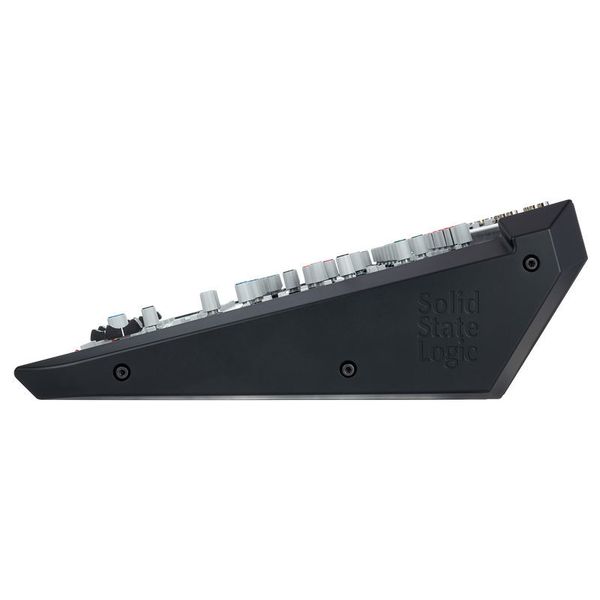
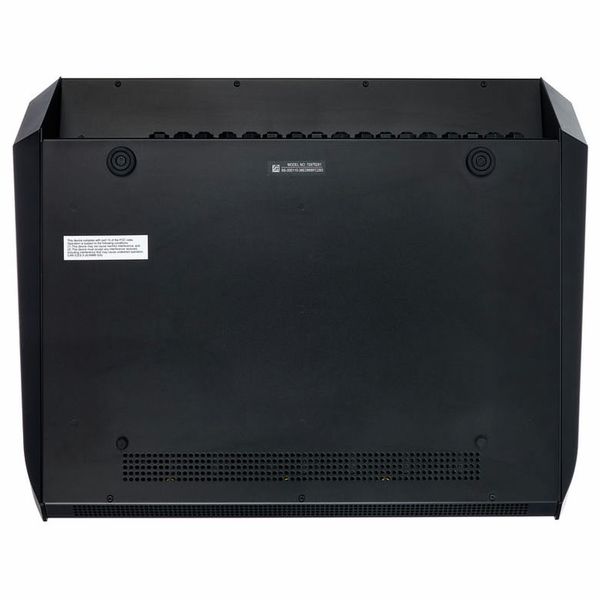
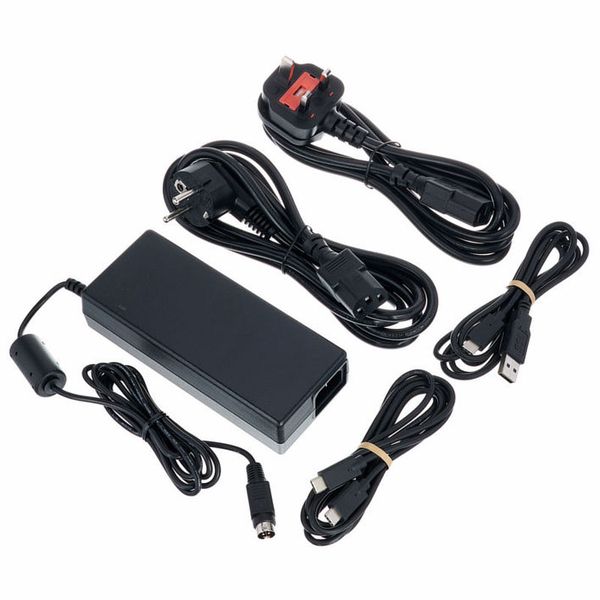















)
)
)
